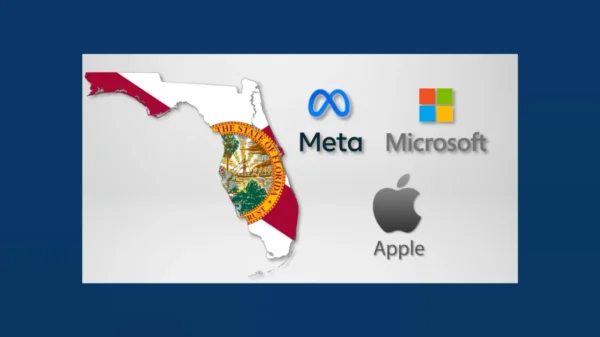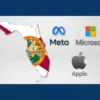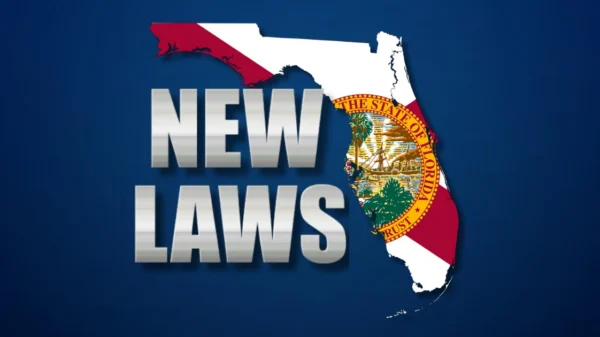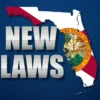On Thursday, state Chief Financial Officer (CFO) Jimmy Patronis warned Floridians of the threat of fake social media accounts on platforms such as X, Facebook and Instagram that impersonate real business accounts in order to steal personal information.
“Social media is an amazing tool in the right hands. Today, however, online scammers are finding new ways to scam you out of your personal information and are more equipped than ever to take advantage of unsuspecting social media users by impersonating real businesses such as airlines and other services. If you wouldn’t give your social security number to a stranger on the street, why would you willingly give it to a random social media account? When conducting business on these platforms, it’s always wise to go straight to a company website, scroll down and check the links to their official social media accounts. For more ways to protect you and your family from these types of scams, follow these important tips and educate yourself on the dangers of online scams,” said Patronis.
The Better Business Bureau (BBB) offered the following tips to identify fake social media accounts:
Look closely at the content. Scammers and spreaders of false information often fill their feeds with stock images, memes or other recycled images that are not original. They may use profile pictures that are not of an actual person, or simply an avatar. Be wary of accounts with no original images. Posts that contain no written content at all, or written content with many spelling or grammatical errors, could be signs of a fake account as well.
Examine the follower-to-engagement ratio. Account owners can also buy followers, so one tell-tale sign of a fake account is thousands of followers, with little to no engagement.
Take advantage of verification indicators. Not every average Joe will have a verification indicator by their name, but if you want to follow someone who is famous or influential, make sure they have a legitimate, verified badge on their profile like X’s gold check mark. Check the FAQ section of each social media network separately to know what the verification badge should look like and where it should be in the account. Accounts without verification are potentially owned by imposters.
Private message verified accounts. When consumers publicly tag verified businesses or public entities on social media to elicit a response, those accounts will usually, if not always, ask you to direct message them and encourage you to continue the conversation out of view of the public to protect your private information. It’s more prudent for consumers to private message verified accounts right away instead of contacting them publicly over social media in order to not only streamline the process, but also to prevent potential scams or fraud.






















